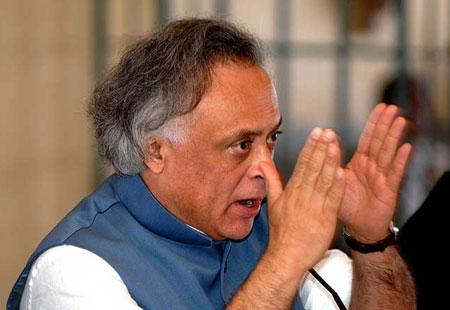Seemandhra interests will be protected: Jairam Ramesh

Visakhapatnam, Union Rural Development Minister Jairam Ramesh on Monday said that the Centre will fully protect Seemandhra's interests by providing a special package and tax incentives to investors.
Addressing a press conference here today, he said that the UPA government would take appropriate fiscal measures, including tax incentives to the successor states, in order to promote industrialisation and economic growth in both the states. "Incentives would be given only to new investors," he said.
"For purposes of central assistance, a special category status would be extended to the successor state of Andhra Pradesh comprising 13 districts, including the four districts of Rayalaseema as well as the three districts of North coastal Andhra Pradesh for a period five years," he said.
Ramesh said that the central government would execute the Polavaram multipurpose irrigation project by investing Rs 20,000 crore, since it had been declared a national project.
He also said that an IIT, an NIT, an IIM, a central university, a petroleum university, an agricultural university and an IIIT would be established in the state within a span of five years. Until that, existing admission processes would continue for Seemandhra's students in Hyderabad's educational institutions, he said.
Separate river boards would be established for sharing of water from Krishna and Godavari rivers. The Krishna Water Board would be established in Telangana, while the Godavari Water Board would be established in Seemandhra, he said.
He said a separate unit would be established in the Planning Commission to look after various aspects of Seemandhra.Within six months, the government would examine the feasibility of establishing a Vizag-Chennai industrial corridor, along the lines of the Delhi-Mumbai industrial corridor, Ramesh added.
Indian Railways would also examine establishing a new railway zone in the successor state of Andhra Pradesh within six months, he said.
The Union Rural Development Minister said that the existing high court would function as a common high court, until a separate high court for successor the state of Andhra Pradesh was established.
He also expressed hope that both high courts would begin functioning by the end of this year.




